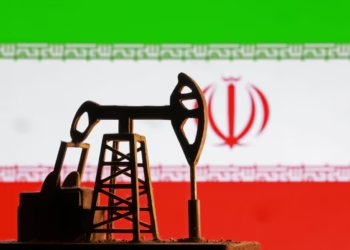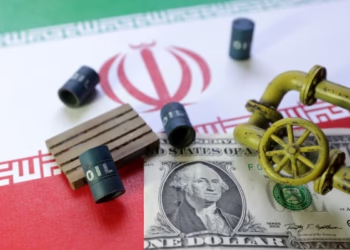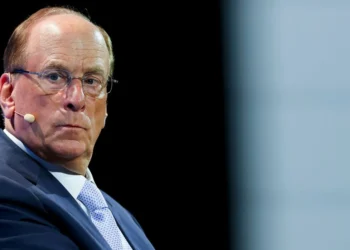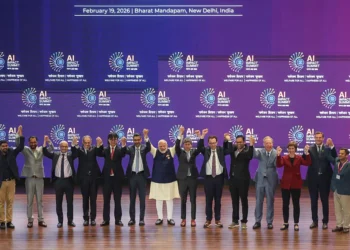MOSCOW (Realist English). The Institute for International Political and Economic Strategies (RUSSTRAT) has analyzed a recent article by the British magazine The Economist. British analysts are offended by how much the Persian Gulf monarchies managed to earn “thanks to Vladimir Putin‘s war in Ukraine” — $3.5 trillion. And this is at a time when the Western world, especially the European Union, “bears the costs” due to rising prices for hydrocarbons.
The initiative with a “price ceiling” for Russian oil and gas is just a trial balloon. Appetites are much higher, RUSSTRAT believes. There is a global goal to reformat the natural resources market for the Anglo-Saxon consumer — obliging all suppliers to sell natural resources at forced prices.
Perhaps, after the Russian case, the world will be offered some kind of “anti-crisis” algorithm that will allow pushing through the interests of “gas station countries” without market sentiment.
Add the news from the Bloomberg: “EU members may postpone the conclusion of an agreement on setting the maximum price for Russian oil due to existing disagreements. Hungary and Cyprus prevent us from reaching a unanimous decision.”
Another fresh touch. Deputy Assistant Secretary of the Treasury of the United States Catherine Wolfram clarifies that the proposed US prices cap on Russian oil, according to Washington, should also apply to petroleum products. A very timely addition, given the fact that China has huge oil storage and refining capacities. The excess refining capacity in China is approximately 4 million barrels per day.
In the Western camp, they want to maintain control over pricing. Everything is in the spirit of the East India Company, which makes up the ideological and political skeleton of the Anglo-Saxon civilization. Even if there are other centers of attraction of profit, all the threads remain in the hands of one puppeteer. And China is still perceived as a market periphery. Let’s see if Beijing agrees with this.


















